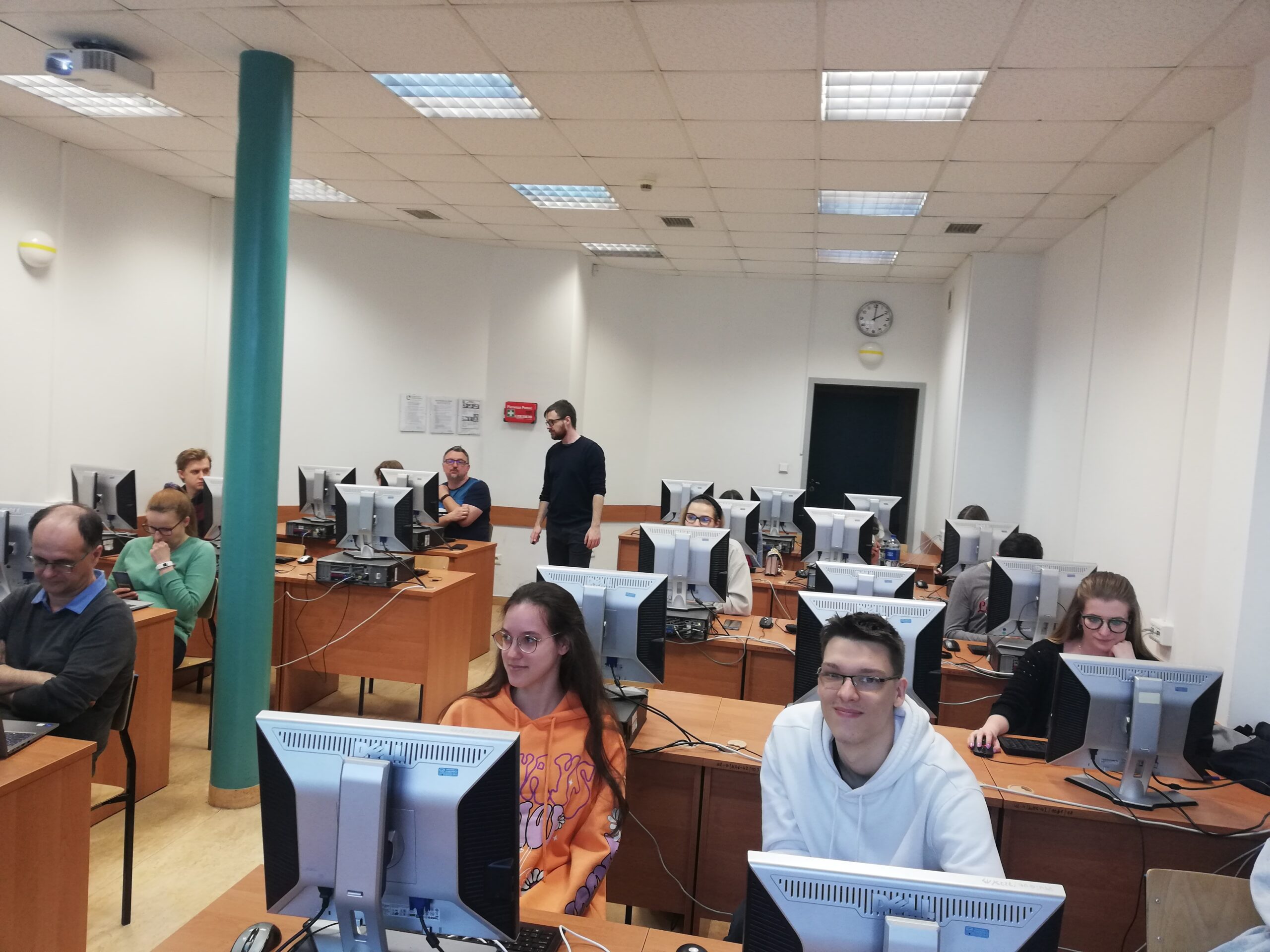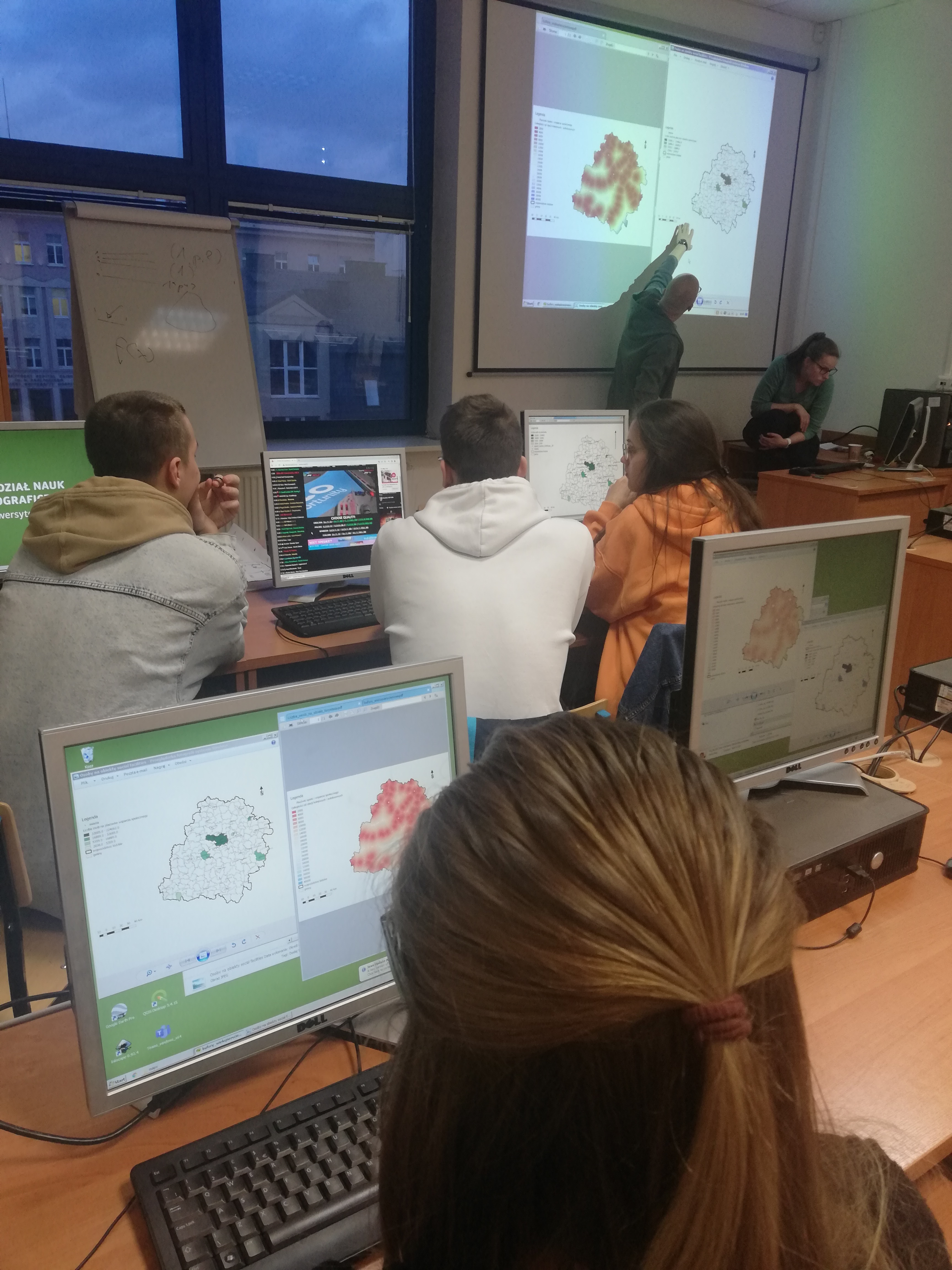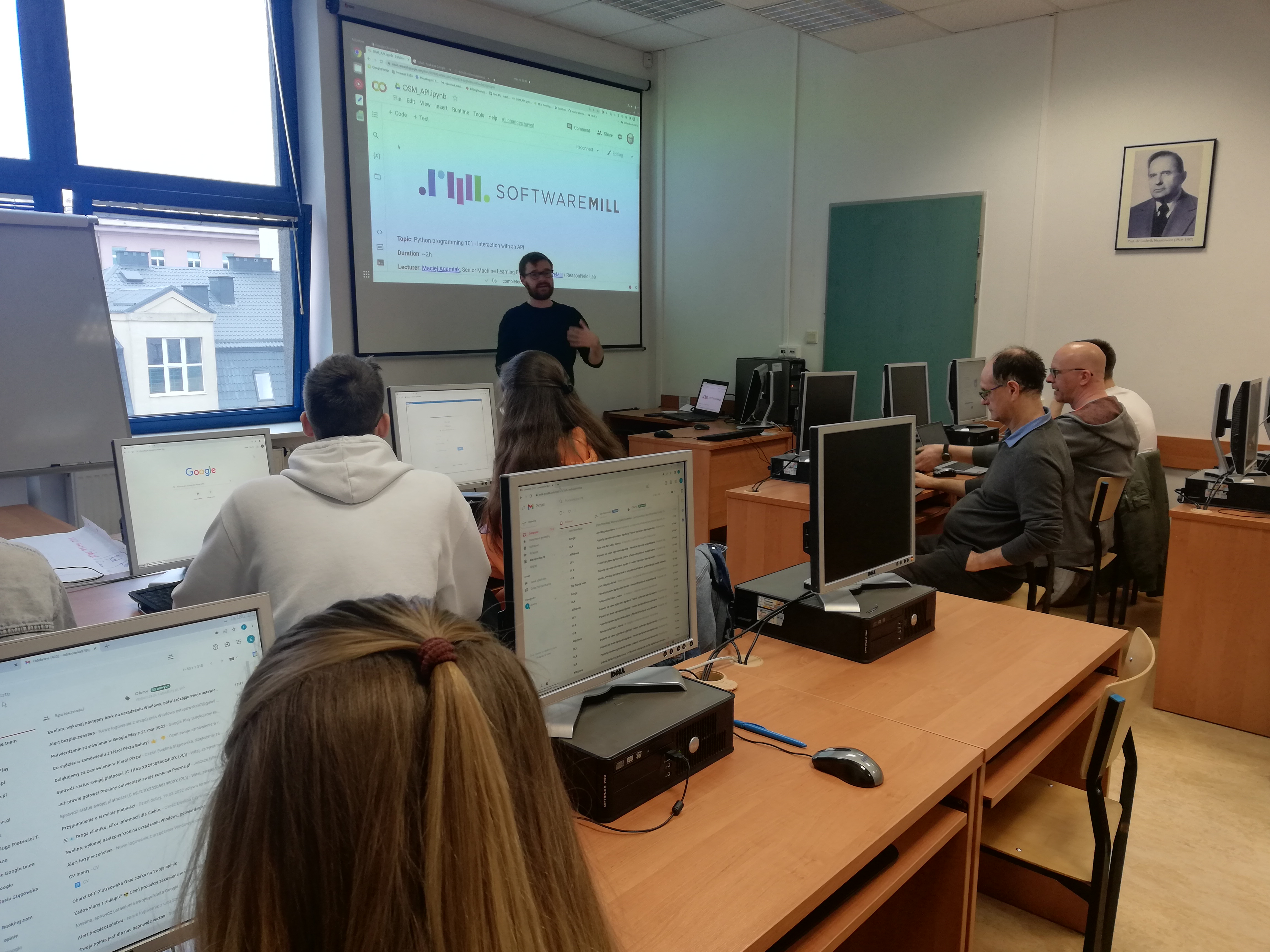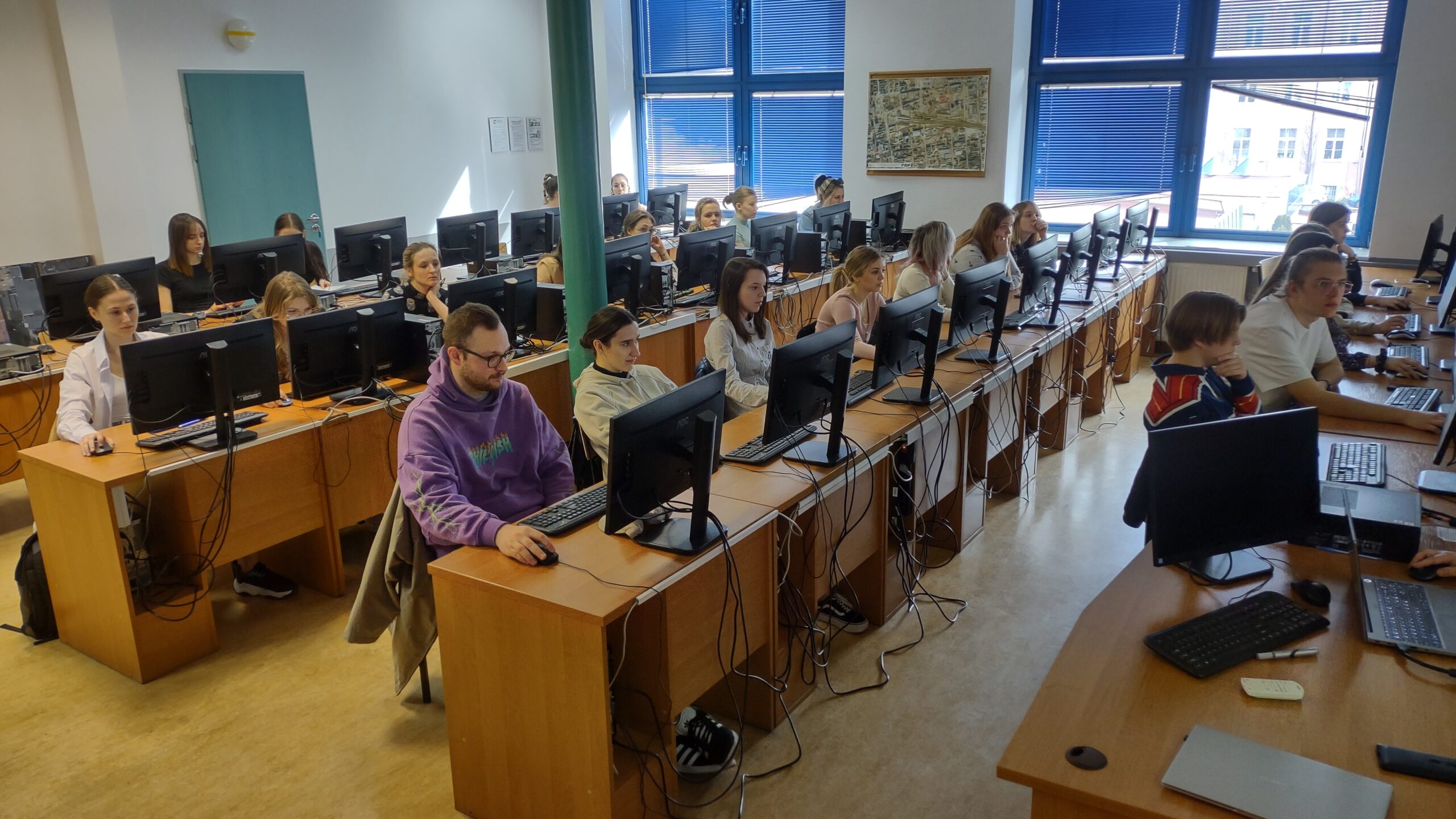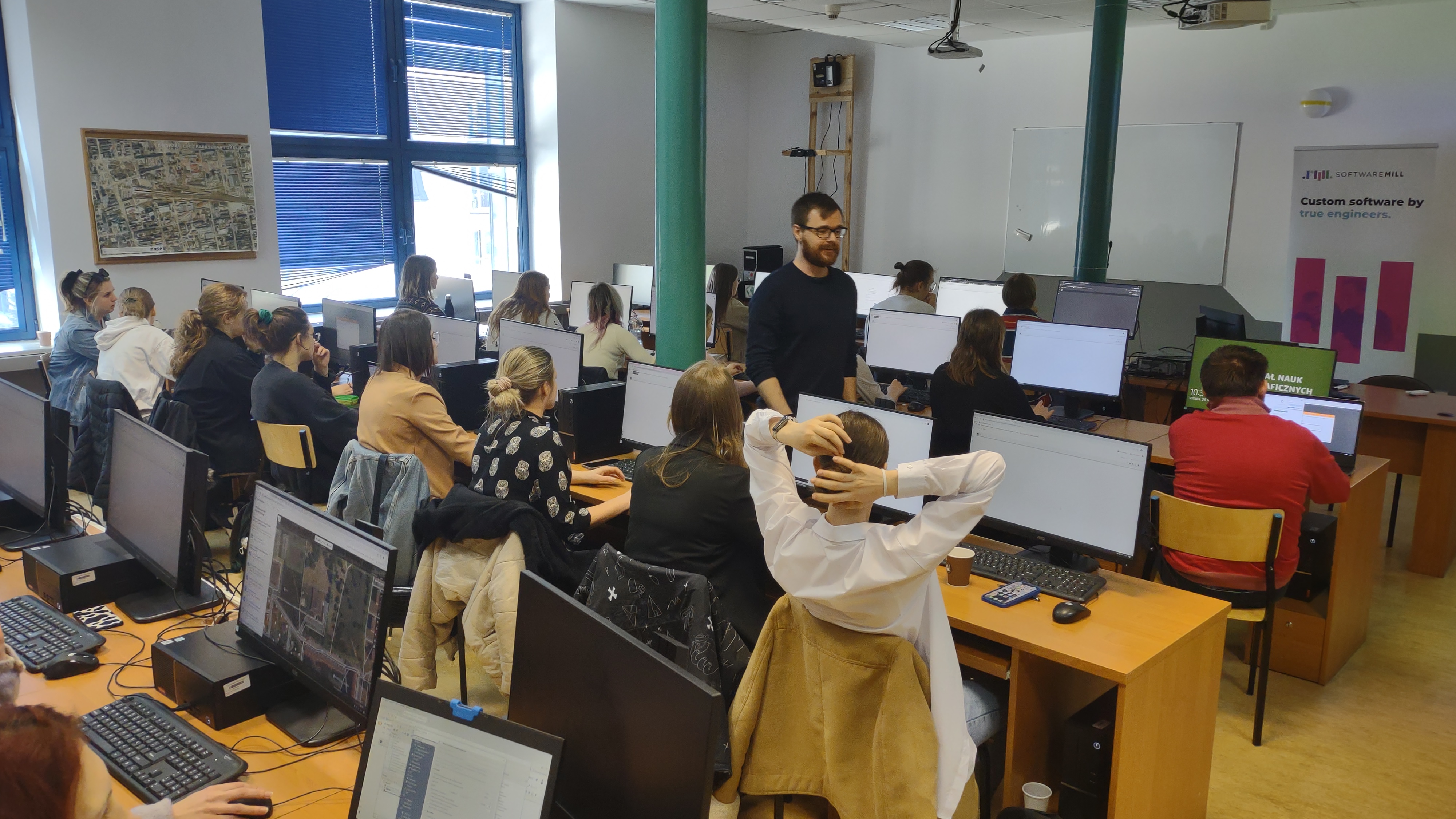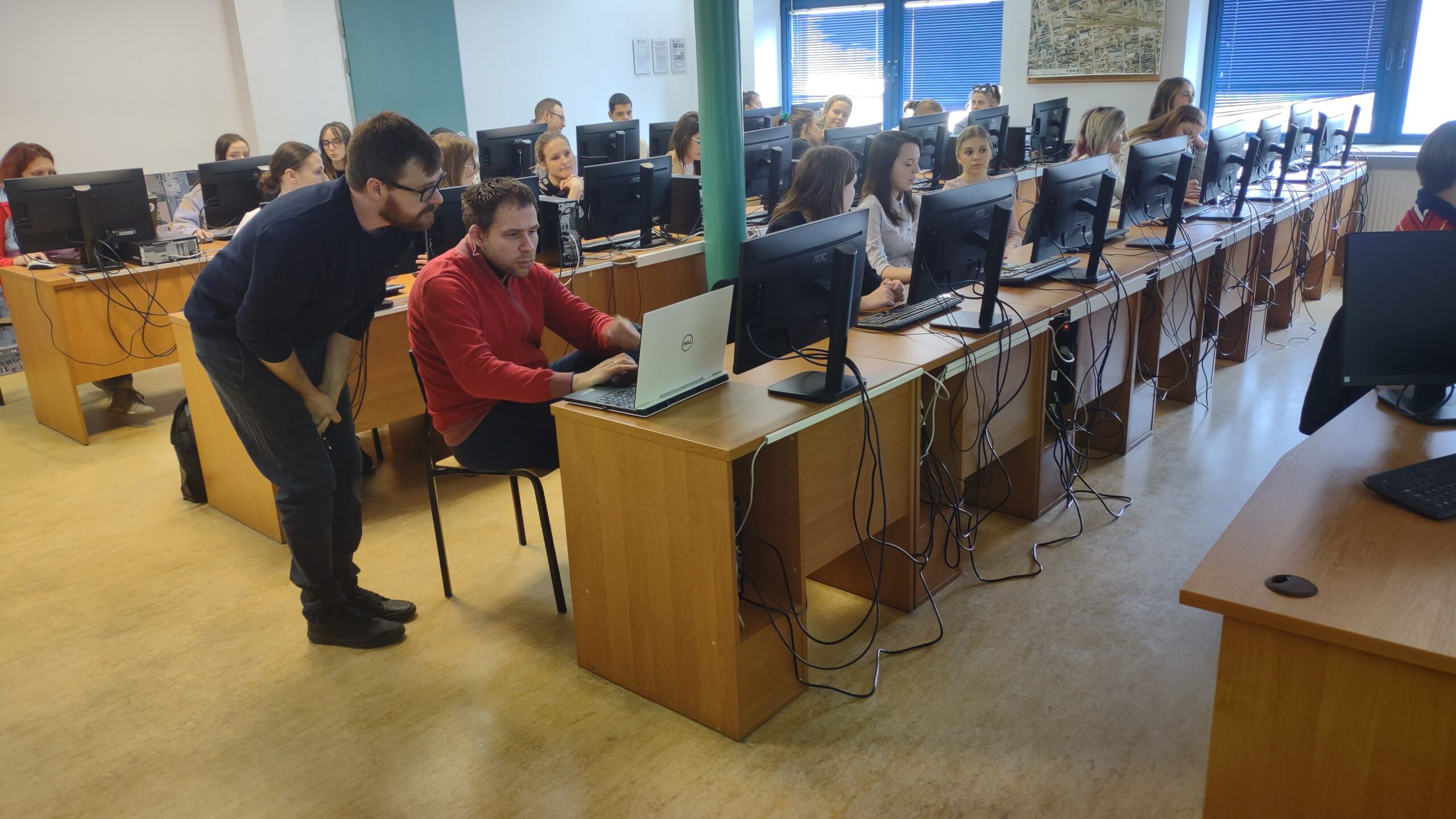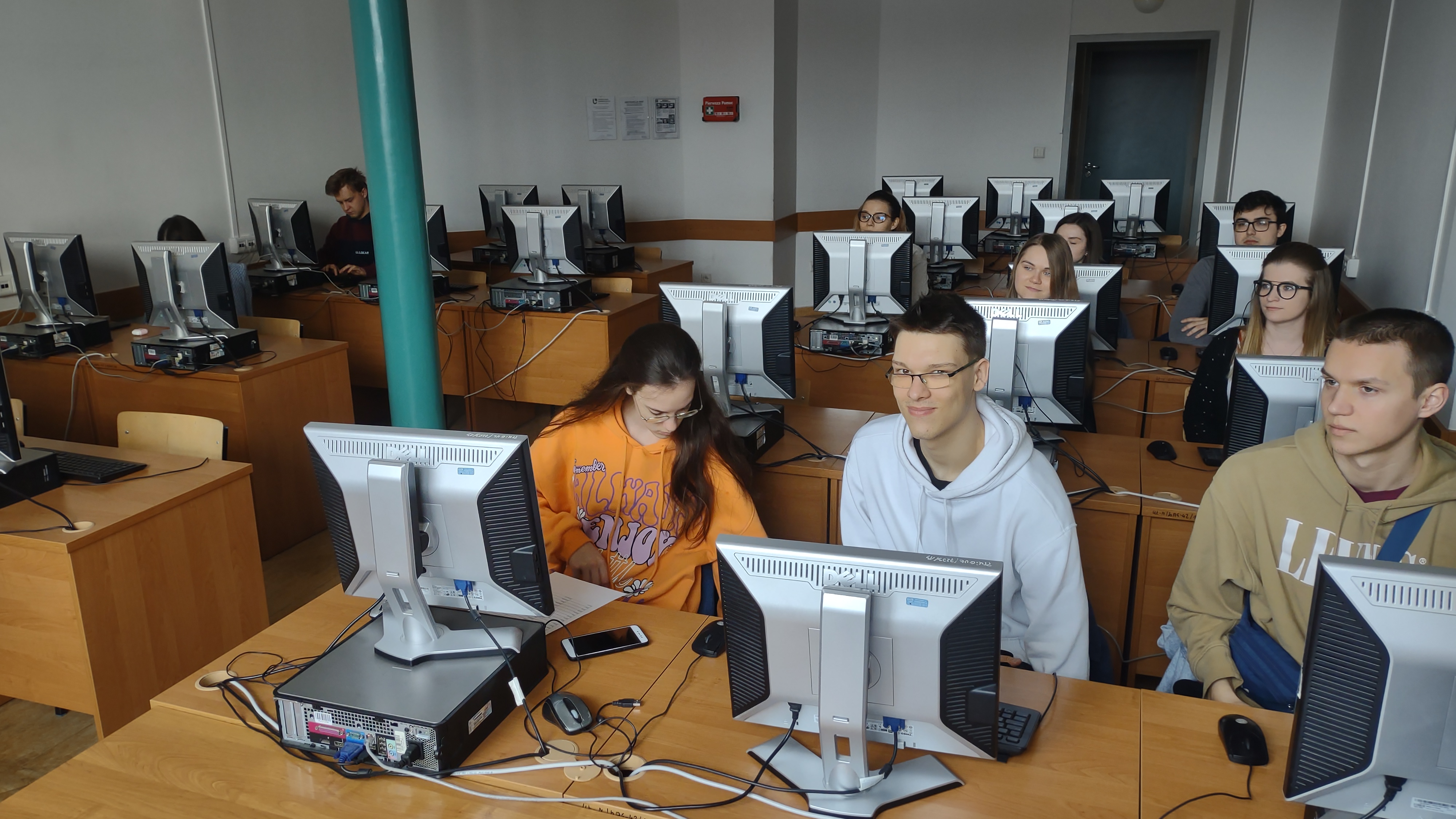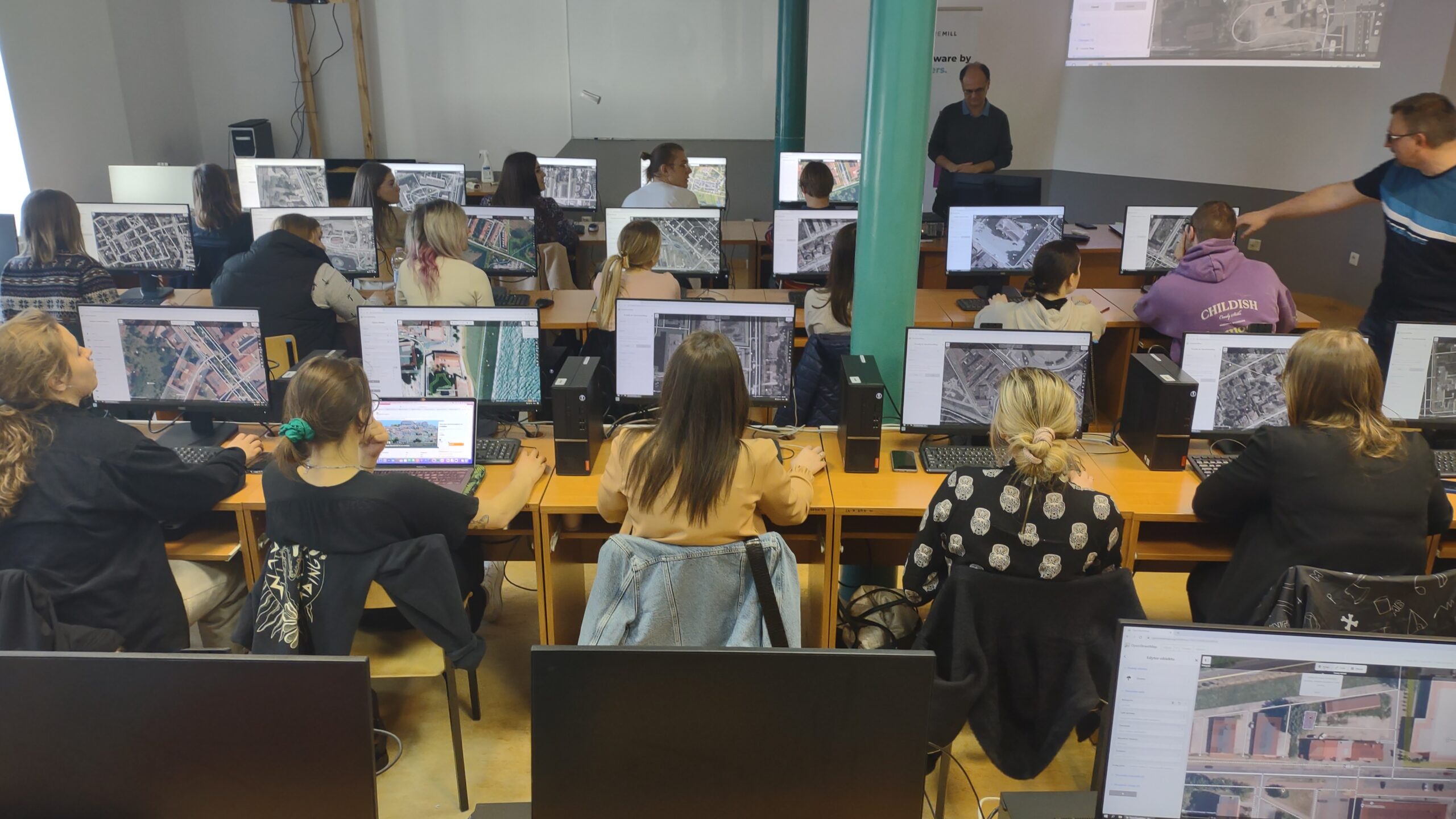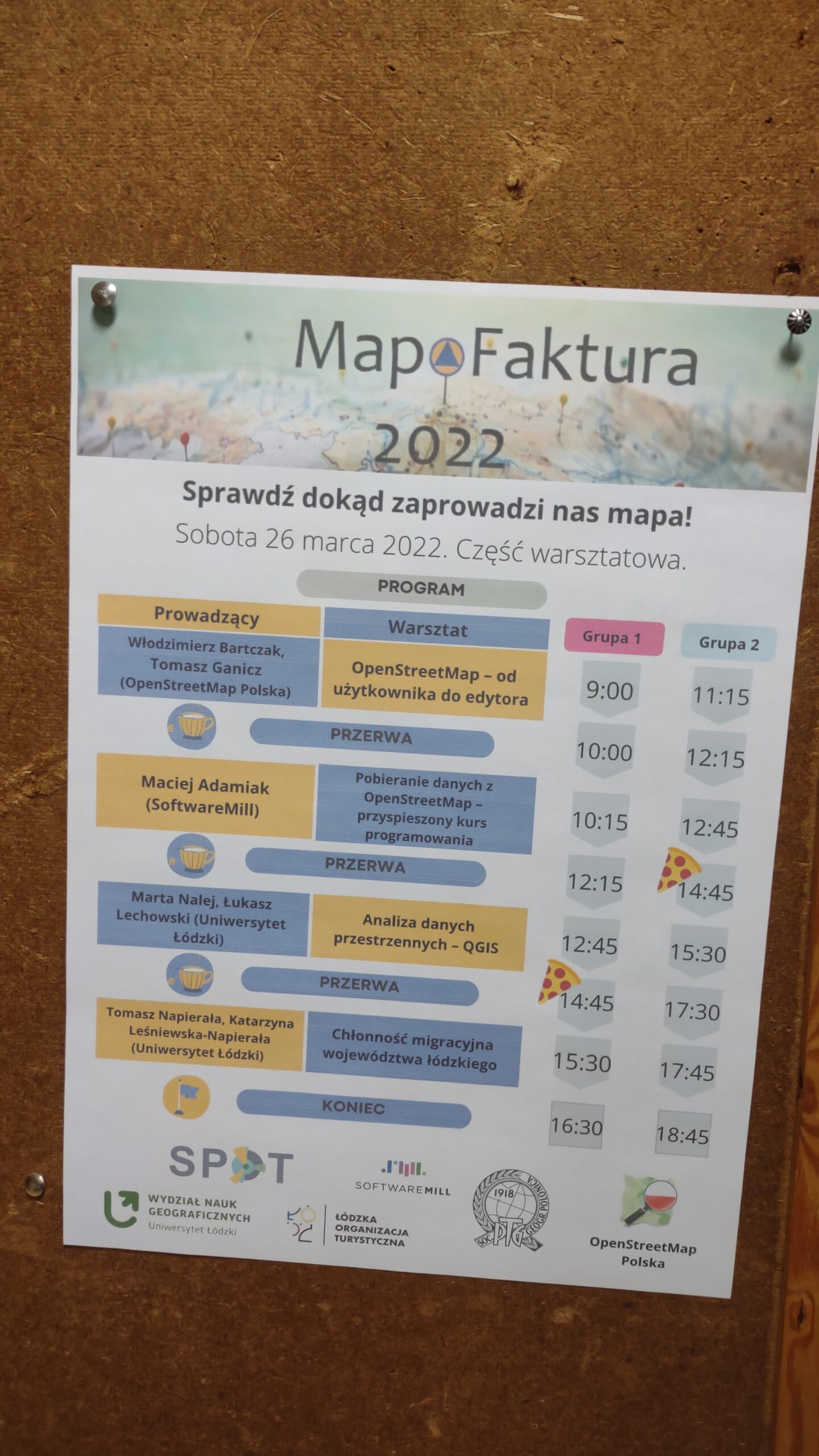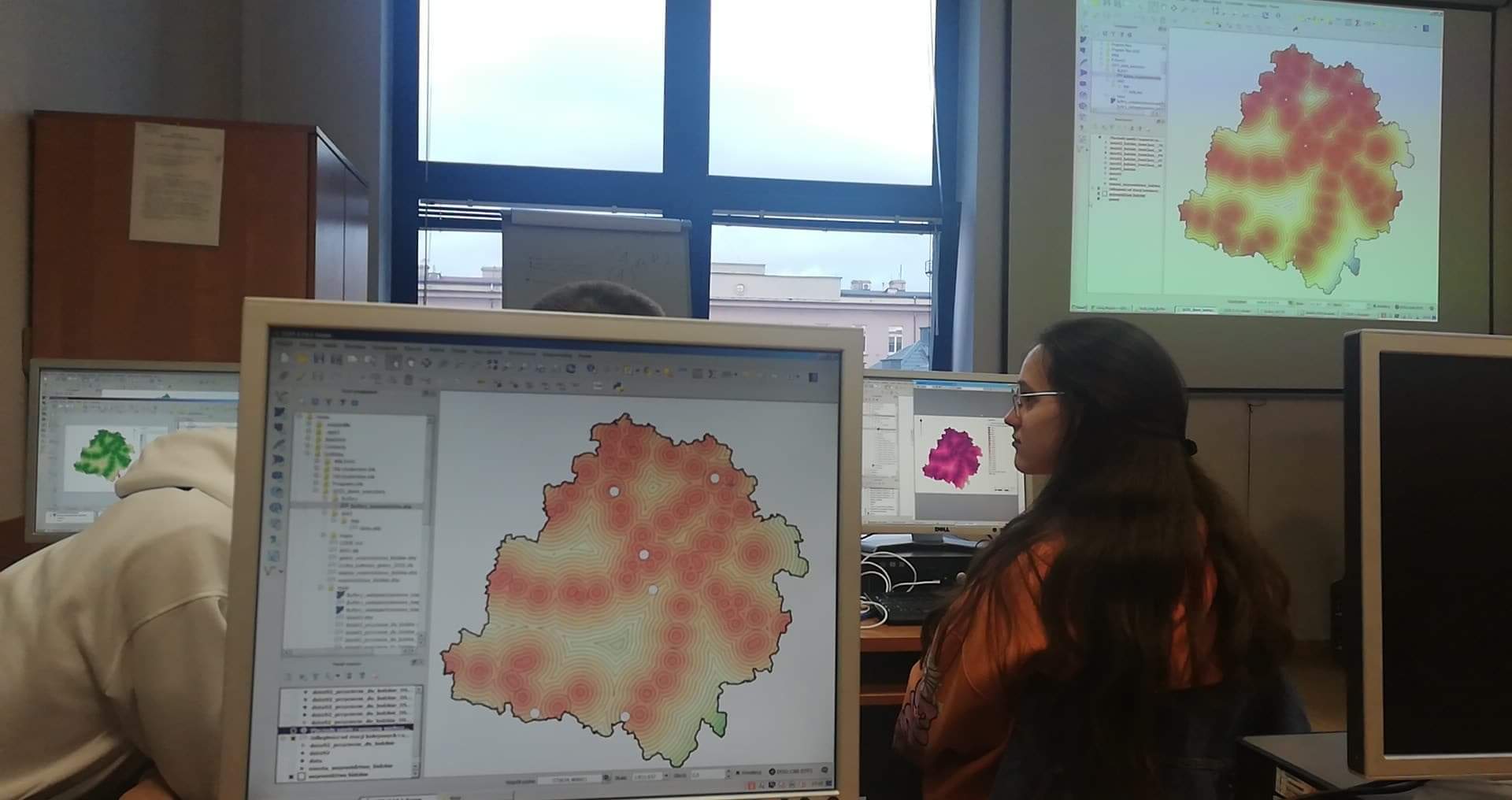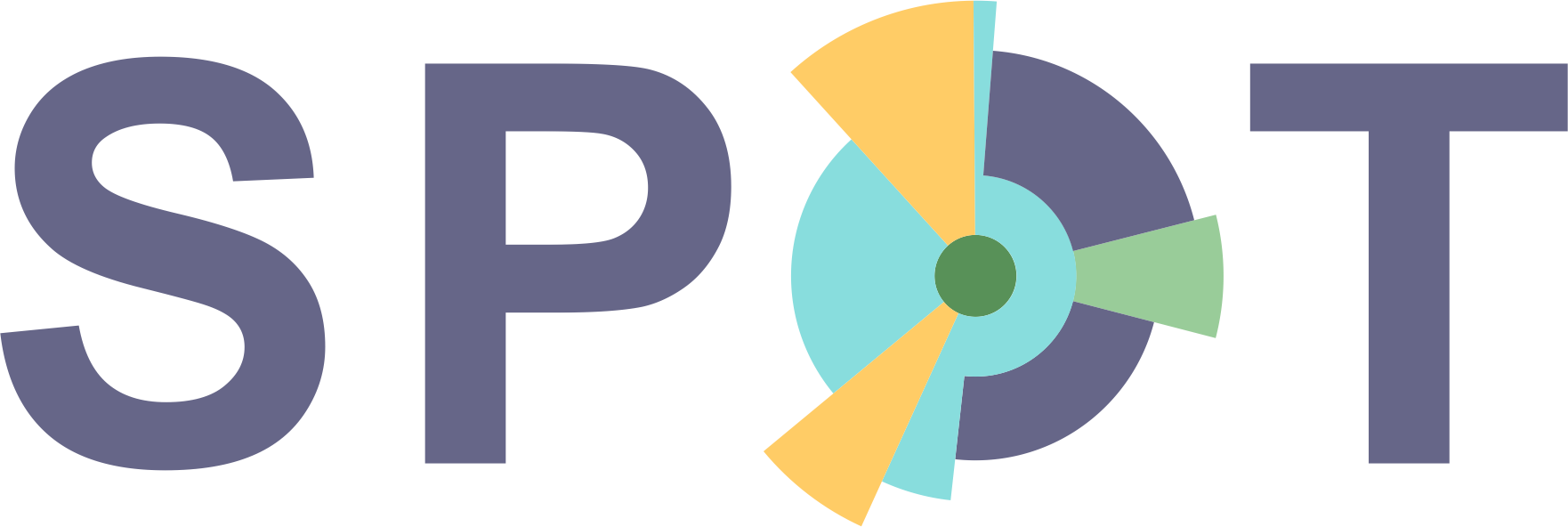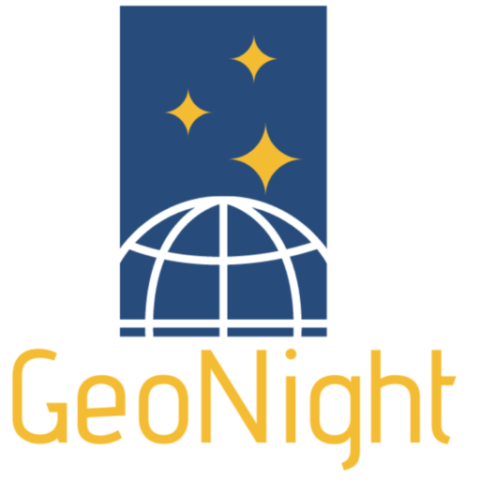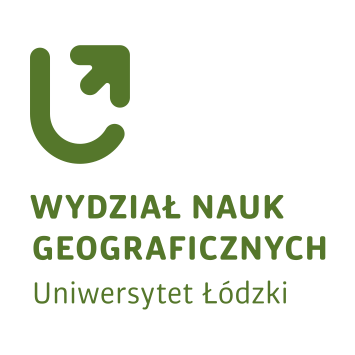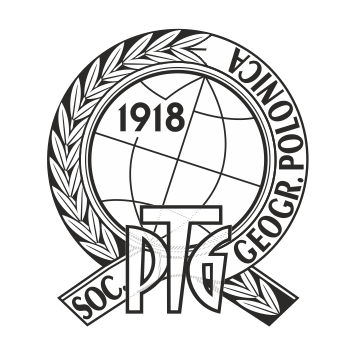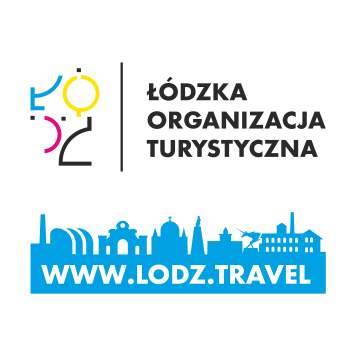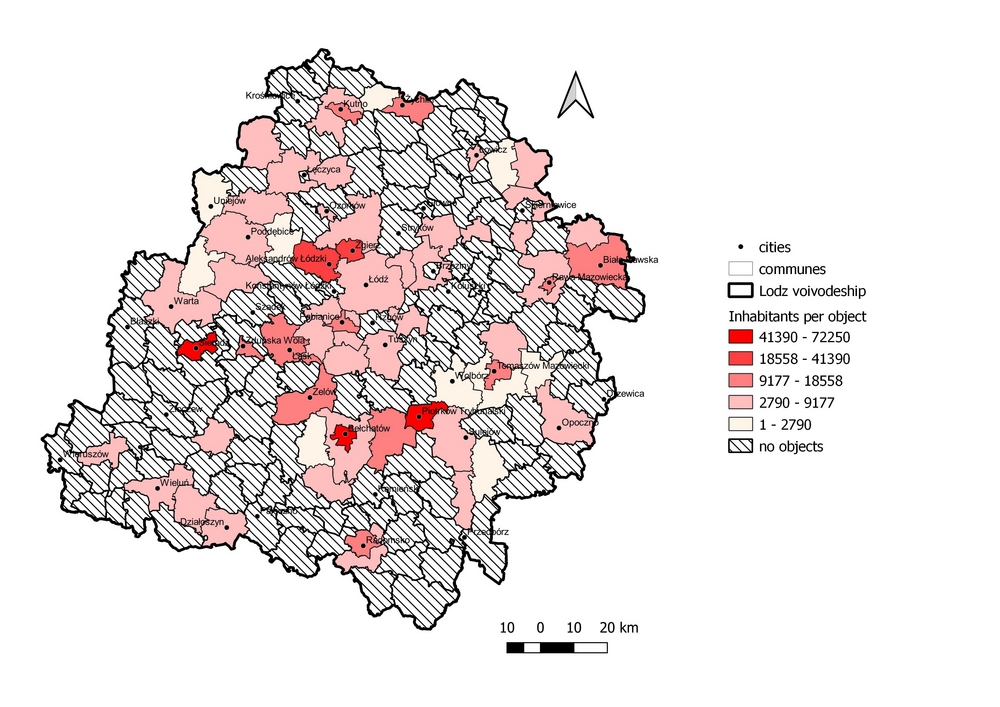

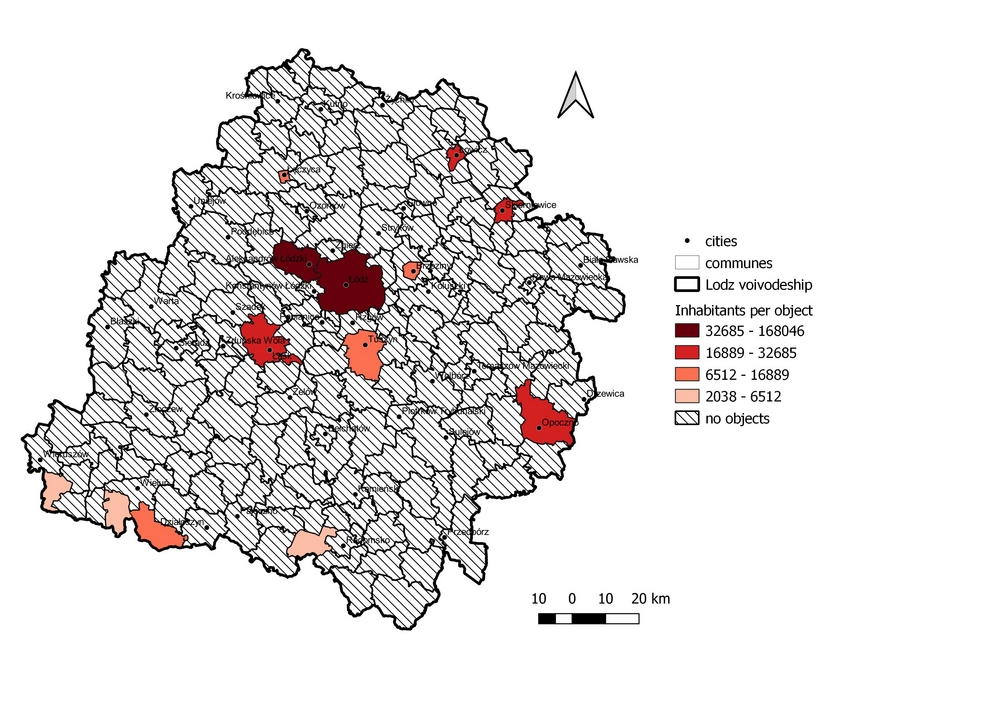
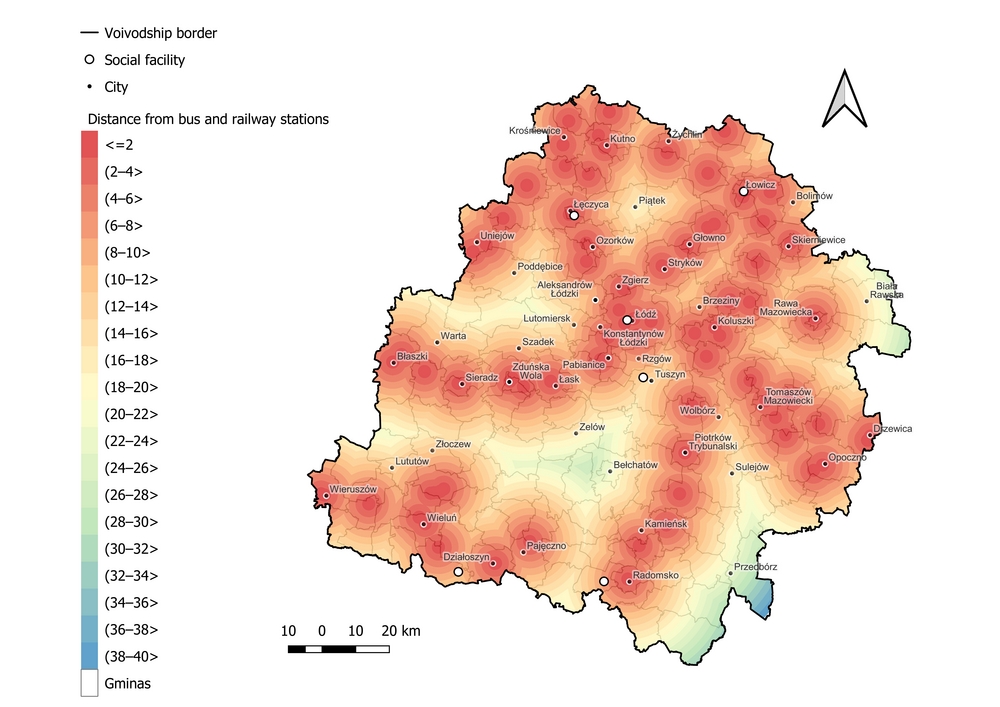
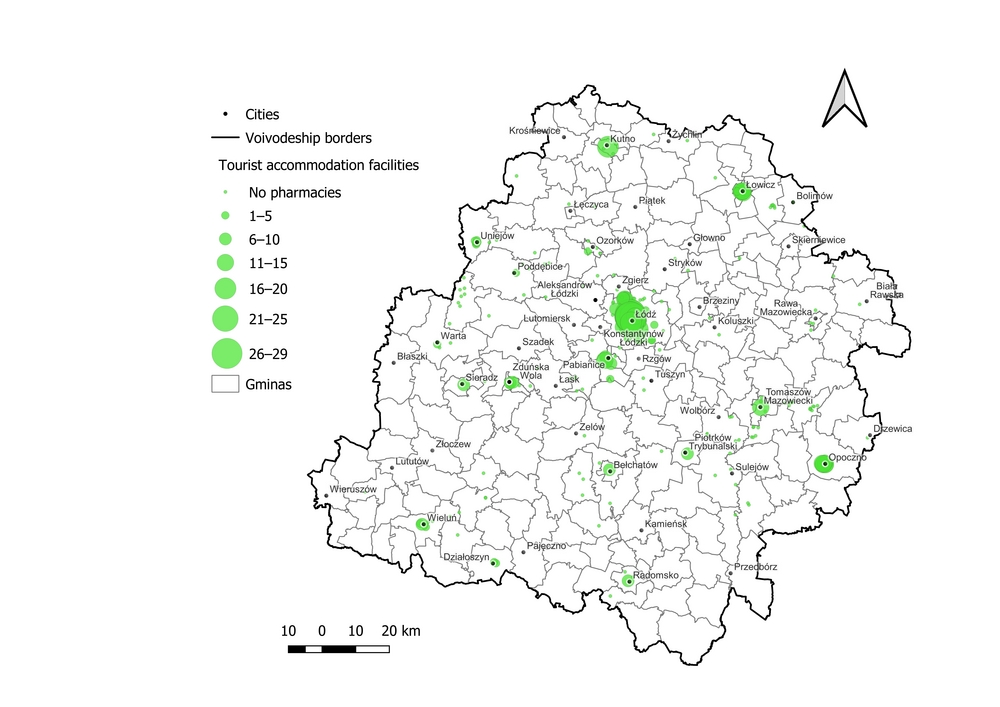
Crisis mapping
Recent cartography and spatial data analysis are completely different to the periods before mobile technologies dominance. Web-mapping 2.0 is up-to-date, advanced in technology on the one hand, and inclusive and participatory on the other hand. Everyone can be a professional cartographer. Two contexts of web-mapping 2.0 are important from the perspective of crisis management: map mashups and crisis mapping. Map mashups allow to collect, assess, geocode, integrate, and disseminate spatial data related to crisis events through one application, e.g.: https://dopomoha.pl/en/. Crisis mapping is about editing maps to evidences the impacts of crisis events, and also about crisis management. The last mentioned context was the particular focus of MapoFaktura 2022.
From the perspective of tourism, crisis events have mainly negative consequences. Any serious crisis like COVID-19 pandemic (already investigated by the team of SPOT project) or Russian invasion of Ukraine results in tremendous decrease of travels and hits negatively performances of the tourism industry. However, many actions involving tourism industry might solve some negative consequences of crises, and in consequence reduce the negative impacts of crises on tourism enterprises. It is worth to be mentioned that during pandemic times hotel facilities were used to accommodate medicine doctors or people quarantined. Recently, we are witnessing large flows of refugees coming from Ukraine. Accommodation facilities are considered to host migrants temporarily until they found permanent house and job. MapoFaktura 2022 aimed to analyse the territorial capacity of the region of Lodz to host refugees, mainly by using tourism accommodation facilities.
The event of MapoFaktura 2022
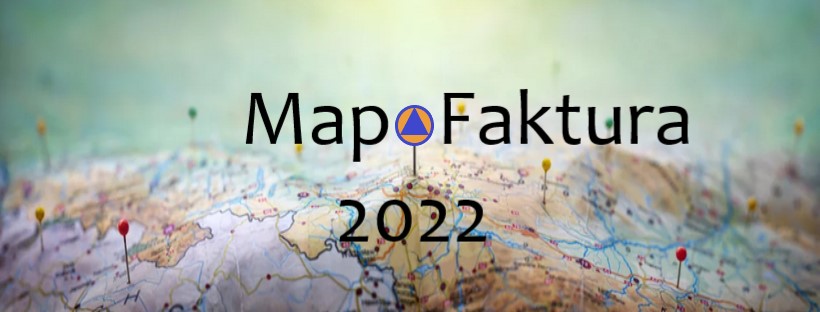
On April 1, 2022, the achievements of MapoFaktura 2022 workshops have been presented as a part of GeoNight initiative. The event was organized by the students of tourism and recreation programme at the University of Lodz, Faculty of Geographical Sciences. Project ‘SPOT. Sustainable Spatial Planning of Tourism Destinations’ was the proud partner of the event. The idea of MapoFaktura was created by the students of the course on social media in tourism offered by assist. prof. Tomasz Napierała. This was the third edition of this spectacular event. This year, participants got to know how to edit, process, and use spatial data for crisis management. MapoFaktura2022, including both workshops and online presentation, attracted 41 persons including 28 women, and 13 men. For more information visit the fan page of MapoFaktura on Facebook.
MapoFaktura2022 has created the new opportunities to train future professionals of tourism industry. The problem of crisis management has been considered as a respond to recent geopolitical and socio-economic situation. Brand new and already cooperating partners were involved in MapoFaktura project. The event was organized by the students of tourism and recreation programme at the University of Lodz, Faculty of Geographical Sciences. Partners were: Project ‘SPOT. Sustainable Spatial Planning of Tourism Destinations’, SoftwareMill, Association OpenStreetMap Poland, Commission of Tourism Geography of Polish Geographical Society, and Lodz Tourism Organisation. Merit issues were consulted with prof. Przemysław Śleszyński from Institute of Geography and Spatial Organisation of Polish Academy of Sciences.
Workshops organized on March 26, 2022 were the main part of MapoFaktura 2022. Workshops included for main thematic panels: contributing to the OpenStreetMap project, accessing to OpenStreetMap database, analysis of spatial data and applying spatial data for crisis management. During the workshops students learned how to cocreate OpenStreetMap. They got to know how effectively use both spatial data sources (OpenStreetMap), and programming tools (Python, Overpass Turbo, and Google Colab). Students edited maps in QGIS application and discussed content of that maps. Students were informed how to support strategic decisions by geographical analysis already prepared.
During the workshops the focus of participants was on most important aspects of crisis management. Responding to rapid increase of migration flows of Ukrainians evidenced since the beginning of Russian invasion over Ukraine, MapoFaktura 2022 aimed the estimation of territorial capacity to host migrants in the region of Lodz. The research area was analysed according to possibility of accommodating migrants in tourism facilities as well as entities of social care. The territorial capacity to host migrants in the region of Lodz was investigated from the perspective of needs of local populations and communication accessibility of discussed infrastructure. The following indicators were estimated: average number of citizens to one tourism accommodation facility or to one entity of social care. Distances from abovementioned tourism entities to transportation hubs were estimated. The numbers of pharmacy stores, facilities of healthcare and social care located in the walking distance from analysed entities ready to host migrants were counted. Based on abovementioned analysis, students found that areas most convenient for hosting migrants are: the most populated cities of a region – Lodz and Piotrków Trybunalski, counties’ capitals of the area along Pilica river – Opoczno and Tomaszów Mazowiecki, area of the communes associated in the initiative called ‘Centralny Łuk Turystyczny’, and Łowicz and neighbouring communes.
Photo story of MapoFaktura workshops
